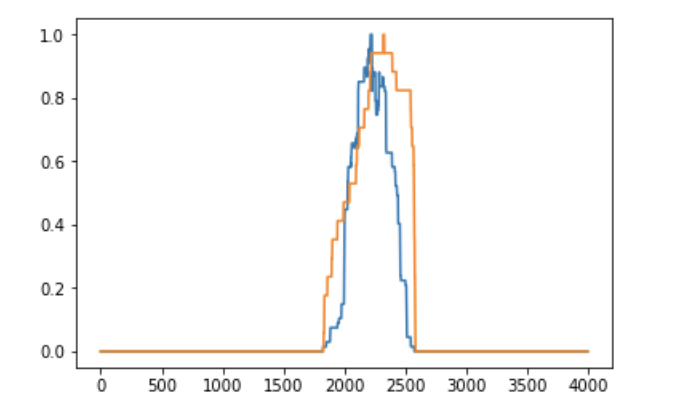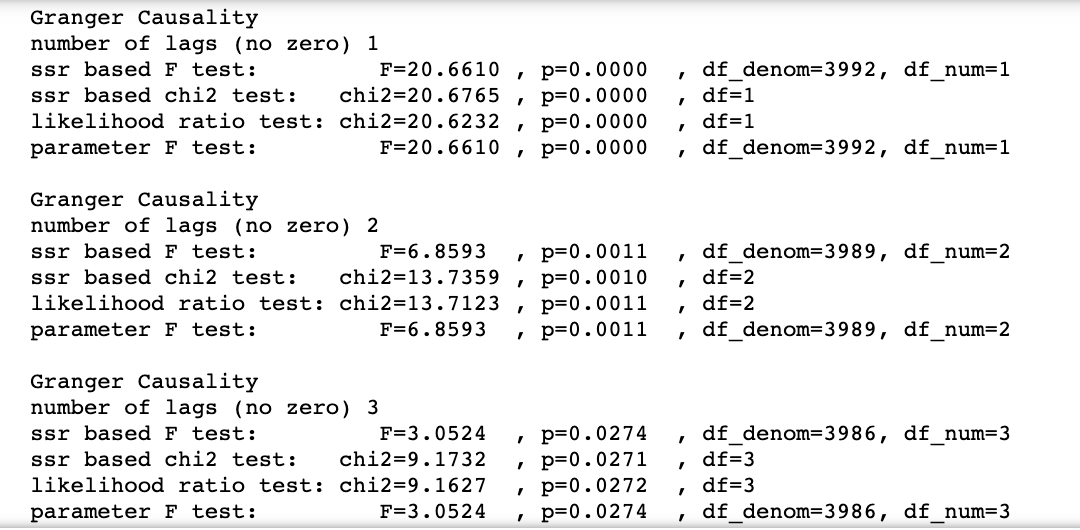Hi here is the two time series that I want to test for whether the orange time series is granger causality of blue time series. As we can see that before the peak of blue time series, it is. On the contrary, after the peak of blue time series, it is not. But the granger testing outcome said that I need to reject the null hypothesis (no granger causality), thus orange time series is the granger causality of blue time series. But it's not what I observed from the figure. Is this because the two time series is not stationary and I need to make them stationary at first and then do the granger testing?
Any answer would be great appreciated, thank you!


